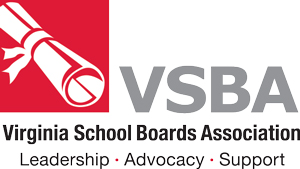In the realm of education, where decisions directly impact the lives of students and communities, the significance of effective school board governance cannot be overstated. The statement, “Excellence in the classroom begins with excellence in the boardroom,” captures the core of the critical role school boards play in shaping the educational landscape. As we explore the dynamics of school board governance, it becomes evident that fostering a collaborative and constructive environment is crucial for the betterment of our school divisions and communities.
The landscape of school boards is continually evolving, with new members bringing diverse perspectives and ideas. In this context, it is essential to recognize the difference between healthy discourse and outright conflict. School board meetings, conducted in the public eye, provide a platform for sharing differing opinions. However, it is imperative to navigate these discussions with care, ensuring that disagreements do not escalate into conflicts. Board members can agree to disagree, but do so, agreeably.
Creating a safe space for dialogue is paramount. Members must learn the art of having respectful and constructive conversations, acknowledging that agreement is not always the goal. Instead, the focus should be on fostering an environment where everyone feels heard and respected. This involves cultivating the skill of agreeing to disagree gracefully, understanding that diverse viewpoints contribute to a robust decision-making process.
To facilitate this journey from conflict to consensus, school boards can embrace team-building activities, retreats, and board development workshops. These initiatives provide opportunities for members to build rapport, enhance communication, and develop a deeper understanding of each other’s perspectives. The VSBA stands ready to assist boards in facilitating this process, offering guidance and support to foster a positive and collaborative governance culture.
A unified vision acts as the cornerstone of effective school board governance. Regularly revisiting and monitoring this shared vision ensures that the board remains aligned with its overarching goals. Establishing and adhering to working norms and protocols further solidify the foundation of a functional and harmonious board. These norms serve as guiding principles for board conduct, setting the tone for respectful and inclusive interactions. Your board protocols will help ensure that the full board is aware of how to get things done.
The journey from conflict to consensus in school board governance is a collective effort. Boards must recognize that excellence in the classroom is intricately tied to the excellence demonstrated within the boardroom. By fostering a culture of open communication, respect, and collaboration, school boards can create an environment where all members thrive, ultimately benefiting the students and communities they serve.
Looking for assistance on how or where to start? Give VSBA a call at (800) 446-8722 to discuss board training options.
-GP
